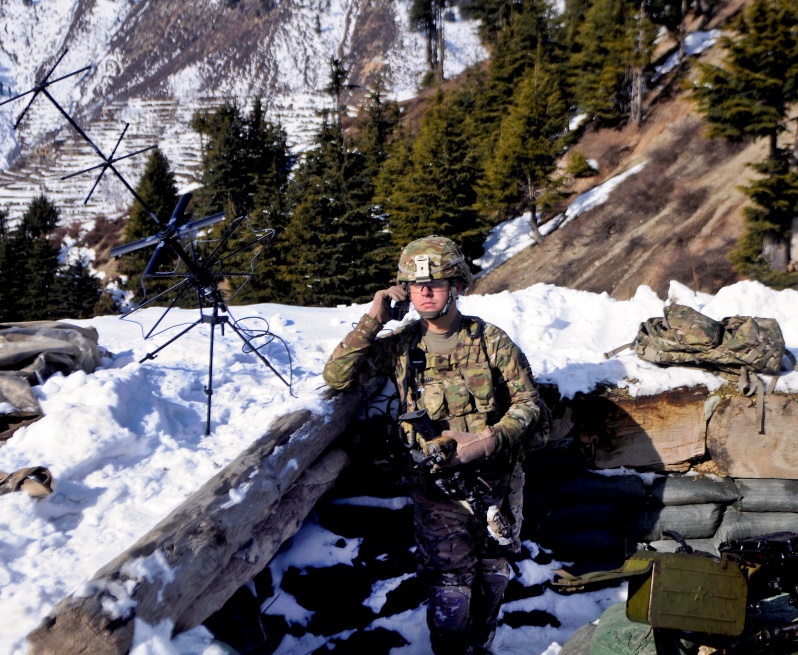University of Maryland leads team awarded $7.2M from Army Research Lab
The University of Maryland is the recipient of a $7.2M research award from the Army Research Laboratory (ARL) to collaborate and advance transformational Army batteries. The University of Maryland (UMD) will lead a collaborative effort with academic, industry, and federal partners to foster and accelerate research for advanced battery materials, characterization techniques and technologies for extreme high energy & power densities, with extreme charging capabilities and extreme safety under extreme working environments to enable U.S. warfighter transformational overmatch for multi-domain operations. Dr. Eric Wachsman, Director of the Maryland Energy Innovation Institute (MEI2), and William L. Crentz Centennial Chair in Energy Research of Materials Science and Engineering, and Dr. Chunsheng Wang, Director of the Center for Research in Extreme Batteries (CREB) Consortium and Wright Distinguished Chair of Chemical & Biomolecular Engineering, will lead the effort from UMD. In recent years, ARL rolled out the Open Campus Initiative to enable a collaborative research environment by engaging industrial and academic partners and other government agencies, to take the U.S. science and technology (S&T) innovations for energy storage to the next level. In response to ARL’s Open Campus Initiative, the CREB Consortium was created at UMD to address the extreme energy storage needs identified by the Army, creating a timely opportunity to co-develop a synergistic research ecosystem addressing the critical needs of advanced battery technology under harsh conditions. This collaboration targeted EXTREME research themes include:
"The Army is rapidly increasing its usage of batteries for diverse applications, including portable soldiers’ systems, unmanned vehicles, hybridized next-generation combat vehicles, directed energy systems and more," says Dr. Wesley Henderson, the ARL Lead for CREB. "The focal themes for this collaborative effort bring together many of the top battery researchers in the country to directly address the most challenging barriers to implementing this transformation of the Army into the Army needed to address future missions." The ARL funding for Advancing Transformational Army Batteries enables UMD and collaborators to cooperatively conduct cutting-edge foundational battery research to enable U.S. warfighter transformational overmatch for multi-domain operations. Additional partners in the program include academic institutions: Montana State University, Stony Brook University, University of Texas-Austin; corporate partners: Saft America, Ion Storage Systems, New York Battery & Energy Storage Consortium (NY-BEST), Graphenix Development LTD (GDI) and national laboratories: Argonne National Laboratory, Brookhaven National Laboratory and the National Institute of Standards & Technology (NIST).
Related Articles: October 19, 2020 Prev Next |


